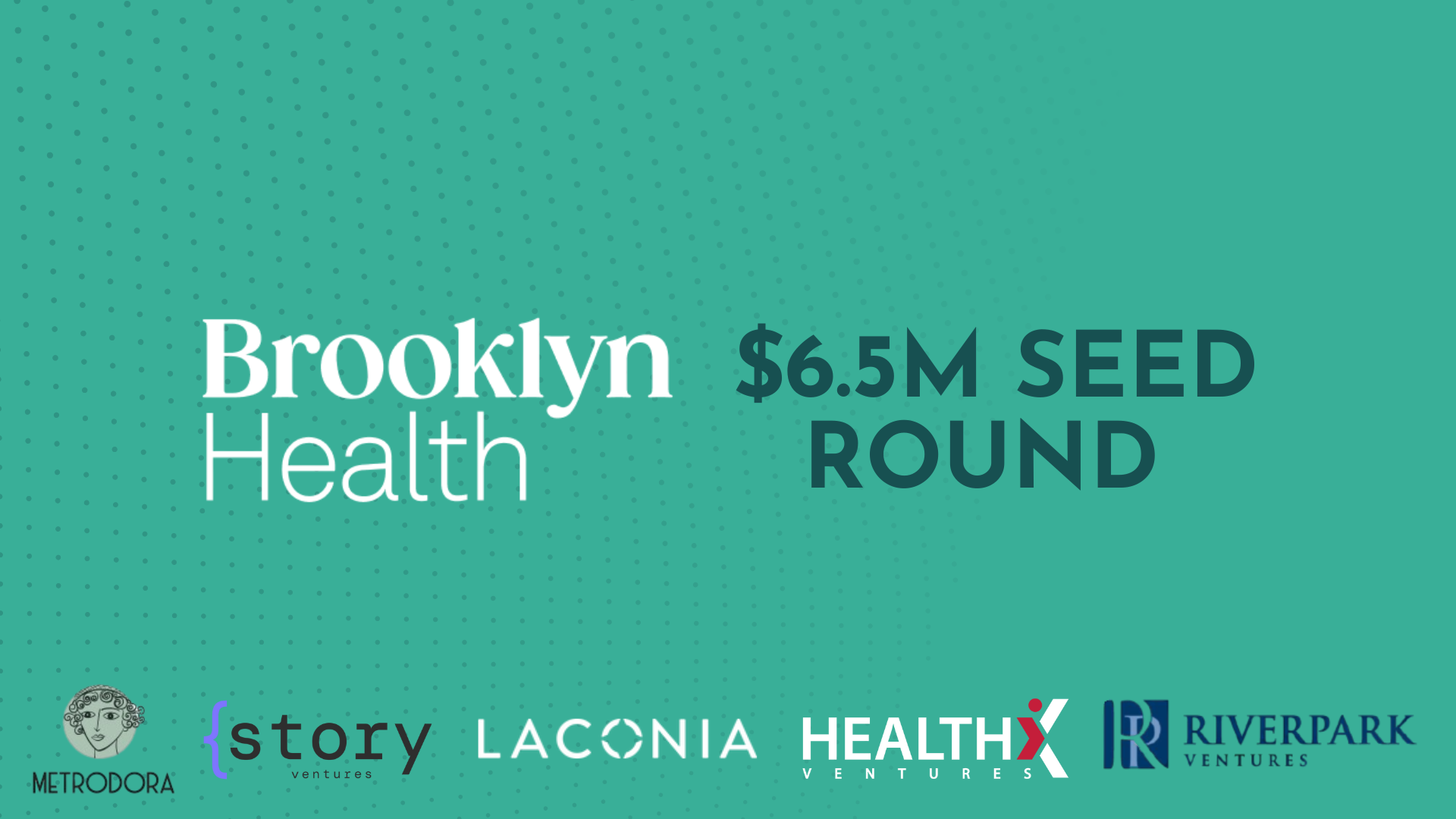As we look back on our first decade at Laconia, we find ourselves reflecting not just on where we've been, but where we're headed. The venture capital landscape has evolved dramatically since that first conversation over drinks, and the pace of change shows no signs of slowing. So what does the future hold for Laconia and for others in the ecosystem?
Embracing Our Core Identity
If there's one thing our journey has taught us, it's the importance of staying true to who you are. When we started Laconia, we didn't try to replicate other venture firms—we built something that reflected our own experiences as operators and our values as people. As we look to the next decade, we're doubling down on what makes us unique.
Our focus will remain on seed-stage B2B software companies bringing systematic order to traditional industries. This approach has led to successes like TripleLift, AutoFi, and Ocrolus, and we’re excited to back the next wave of innovative companies. By maintaining clarity in our investment thesis while remaining open to opportunities across sectors—from healthcare with Yuvo Health to LLM marketing optimization like Bluefish AI, we've built a portfolio that reflects both conviction and adaptability.
The venture industry has seen growing concentration of capital, with dollars flowing to fewer decision-makers and deals. This consolidation creates both challenges and opportunities. For founders with the right connections or working on trendy problems, capital is more abundant than ever. But for those building in overlooked areas or without established networks, the funding gap has widened.
This is where our independence becomes a strategic advantage. We're not beholden to larger funds or a small group of institutional LPs with rigid mandates. We're free to back founders we genuinely believe in, regardless of whether they fit a typical pattern. Building a sustainable capital base takes grit and determination, but it creates the freedom to make decisions based on conviction rather than conformity.
Systematic Order + Human Partnership
Our anti-chaos framework will continue to guide us in the next decade. Bringing systematic order to the inherently chaotic process of early-stage investing creates a powerful advantage. We'll continue to:
Identify Underrated Opportunities: Target industries where lack of systematic processes creates inefficiency
Apply Consistent Evaluation: Utilize structured assessment frameworks and data-driven decision-making
Drive Exceptional Execution: Implement structured operational support and measure specific value-creation metrics
But what makes Laconia special isn't just our systematic approach—it's how we balance this with genuine human partnership. As we've grown, we've never lost sight of the fact that venture capital is fundamentally about people. The serendipitous meetings that brought our team together remind us that human connection remains at the heart of what we do.
This balance of systematic process and human connection will become even more important in the coming decade. As AI and other technologies transform how we work, the firms that can harness the efficiency of systematic processes while preserving the irreplaceable value of human judgment and relationship will have a distinct advantage.
Building an Ecosystem, Not Just a Portfolio
Perhaps our proudest achievement has been building something bigger than just a portfolio of companies. Through our engaged LP network and initiatives like the Venture Cooperative, we've created an ecosystem that extends our impact far beyond our direct investments. This approach creates multiple advantages:
It expands our market footprint and deal flow
It builds a pipeline of potential investors who deeply understand our approach
It strengthens our network and brings diverse perspectives to our work
Most importantly, it extends access to venture capital education and opportunity
In the next decade, we'll continue to scale this ecosystem-first approach. We believe that by opening doors for others, we don't diminish our own opportunities—we multiply them. The 1,300+ fellows in our cooperative have identified hundreds of startups, many of which have entered our diligence pipeline and portfolio. Without the constraint of prohibitive minimums, Venture Cooperative participants have made their first LP investments in our funds. They've connected us with talented team members who now strengthen our firm.
This approach stands in contrast to the increasingly closed networks that characterize much of venture capital today. While we recognize the efficiency of relying on trusted connections, we've seen firsthand how expanding beyond the usual suspects can uncover extraordinary opportunities that others miss.
Lessons for the Path Ahead
As we look to the future, we carry forward key lessons from our first decade that will serve us—and perhaps others in the ecosystem—well in the years ahead:
1. Focused Flexibility: A clear investment thesis doesn't mean rigid constraints. By focusing on B2B software companies solving critical operational challenges while remaining open to diverse sectors—from finance to healthcare to climate tech—we maintain both expertise and optionality.
2. Value Independence: Building a sustainable capital base from diverse sources preserves decision-making freedom. Our LP base allows us to make investment decisions driven by conviction rather than external pressure.
3. Balance Rigor with Empathy: Systematic processes create competitive advantages, but only when balanced with genuine human connection. Our due diligence process combines rigorous analysis with relationship-building, turning what is typically transactional into an opportunity for partnership.
4. Create Virtuous Cycles: The Venture Cooperative demonstrates how giving back creates powerful flywheels that expand impact while strengthening core business. By training over 1,300 fellows (80% from underrepresented backgrounds), we've created a community that enhances our sourcing, diligence, and portfolio support.
5. Stay Curious: Our serendipitous beginnings and team formations highlight the importance of maintaining curiosity and openness to unexpected opportunities. This curiosity has led us to back diverse founding teams—not because of quotas, but because our networks and perspectives are broader.
The venture landscape will undoubtedly continue to evolve. Market cycles will turn, technologies will transform industries, and new models of funding innovation will emerge. But these fundamental principles—focused flexibility, independence, balanced rigor with empathy, virtuous cycles, and curiosity—will remain relevant regardless of how the external environment changes.
Our Commitment
As we look toward the next ten years, we're committed to building on these foundations. We'll continue to lead seed rounds in B2B software companies bringing systematic order to traditional industries. We'll maintain our high-conviction strategy while expanding our geographic reach. We'll deepen our repeatable investment processes while strengthening our human partnerships with founders.
Most importantly, we'll stay true to our values of transparency, collaboration, and community. We'll continue opening doors for founders and investors, demystifying venture capital through education and accessibility, and building a firm that creates value for all stakeholders.
Ten years from now, we hope to look back and see that we've built more than just a successful venture firm. We aspire to have contributed to a healthier, more diverse, and more innovative ecosystem—one that better serves founders, investors, and ultimately society as a whole.
Here's to the next decade of systematic order and human partnership.





